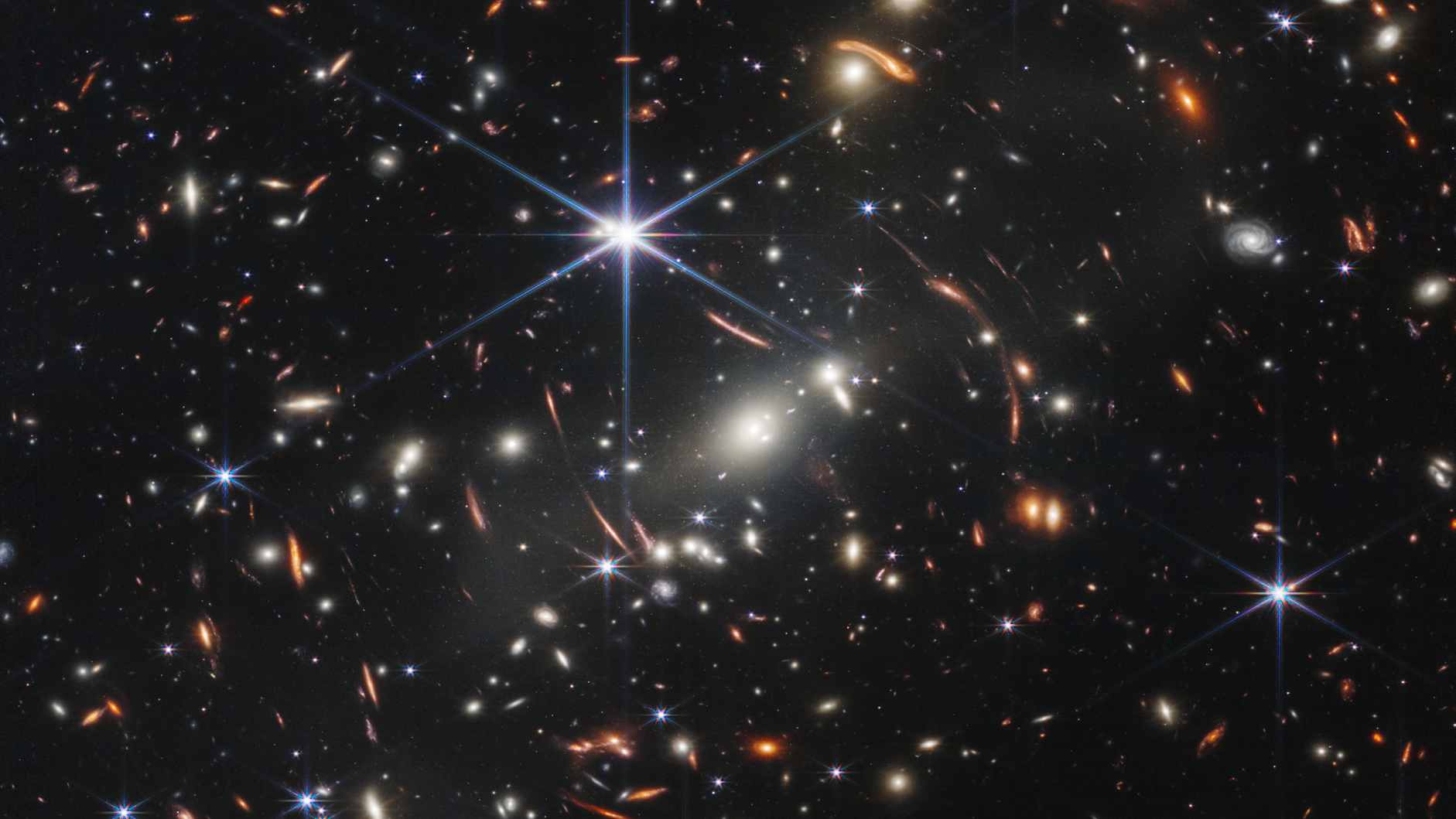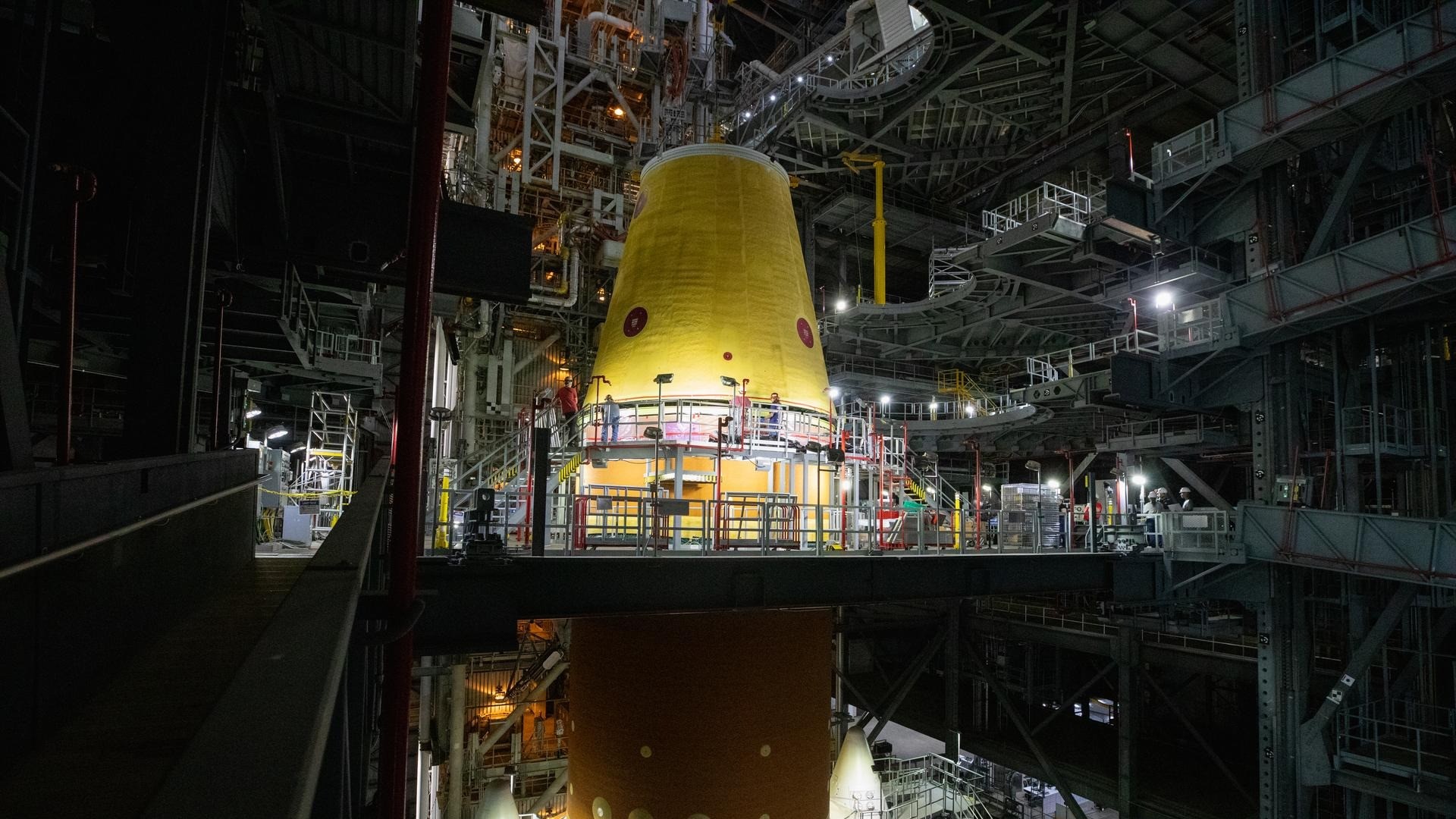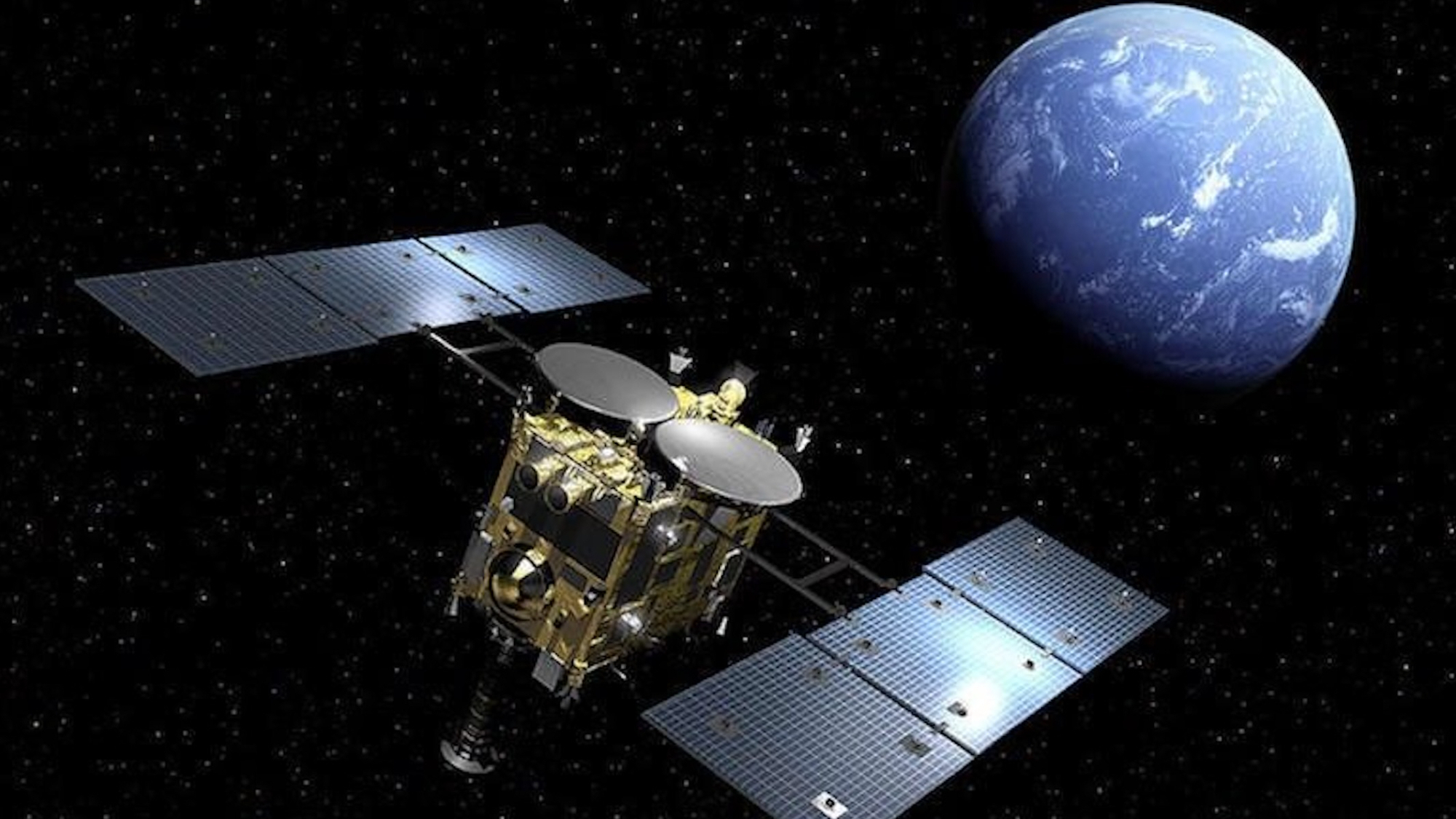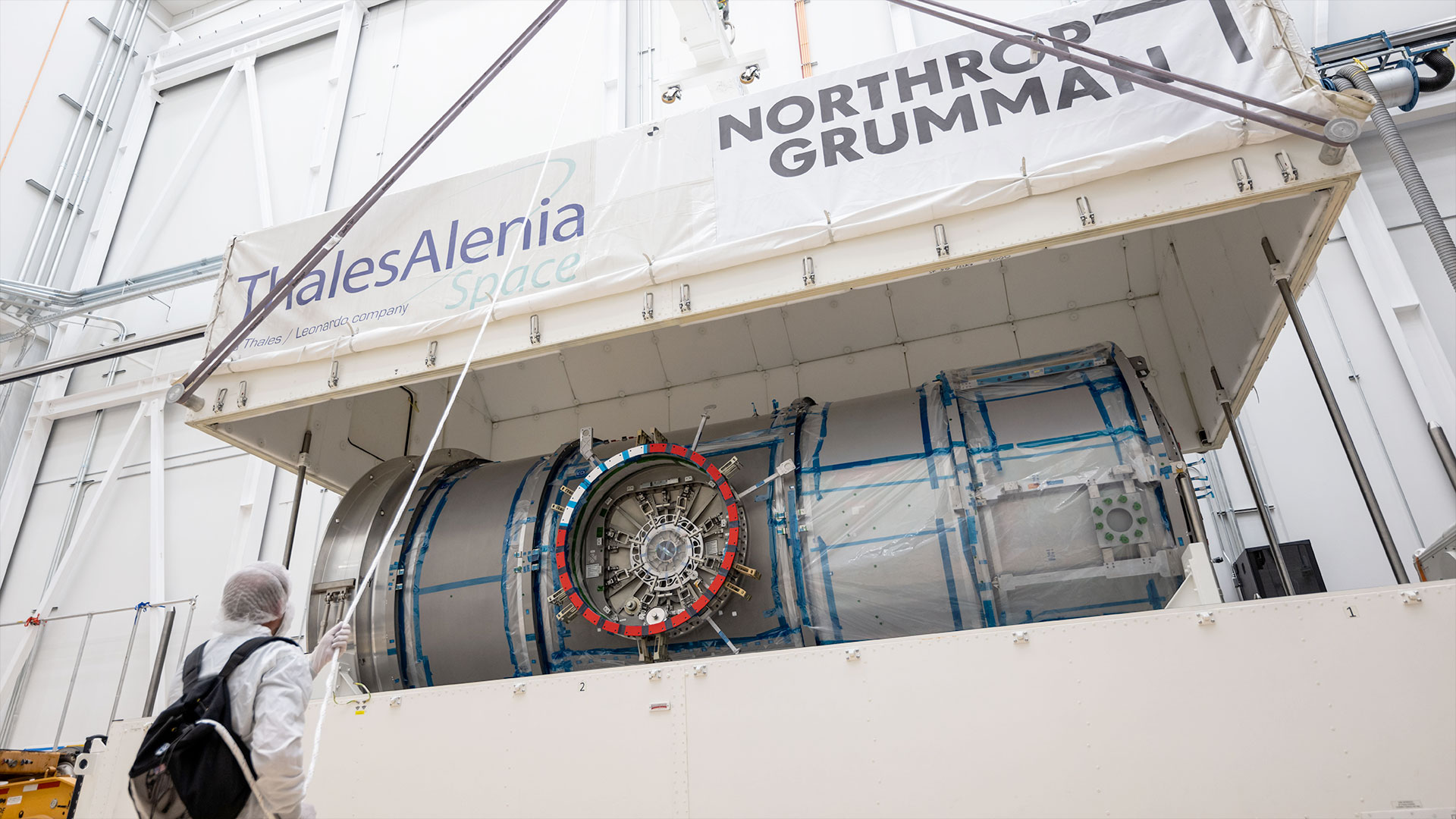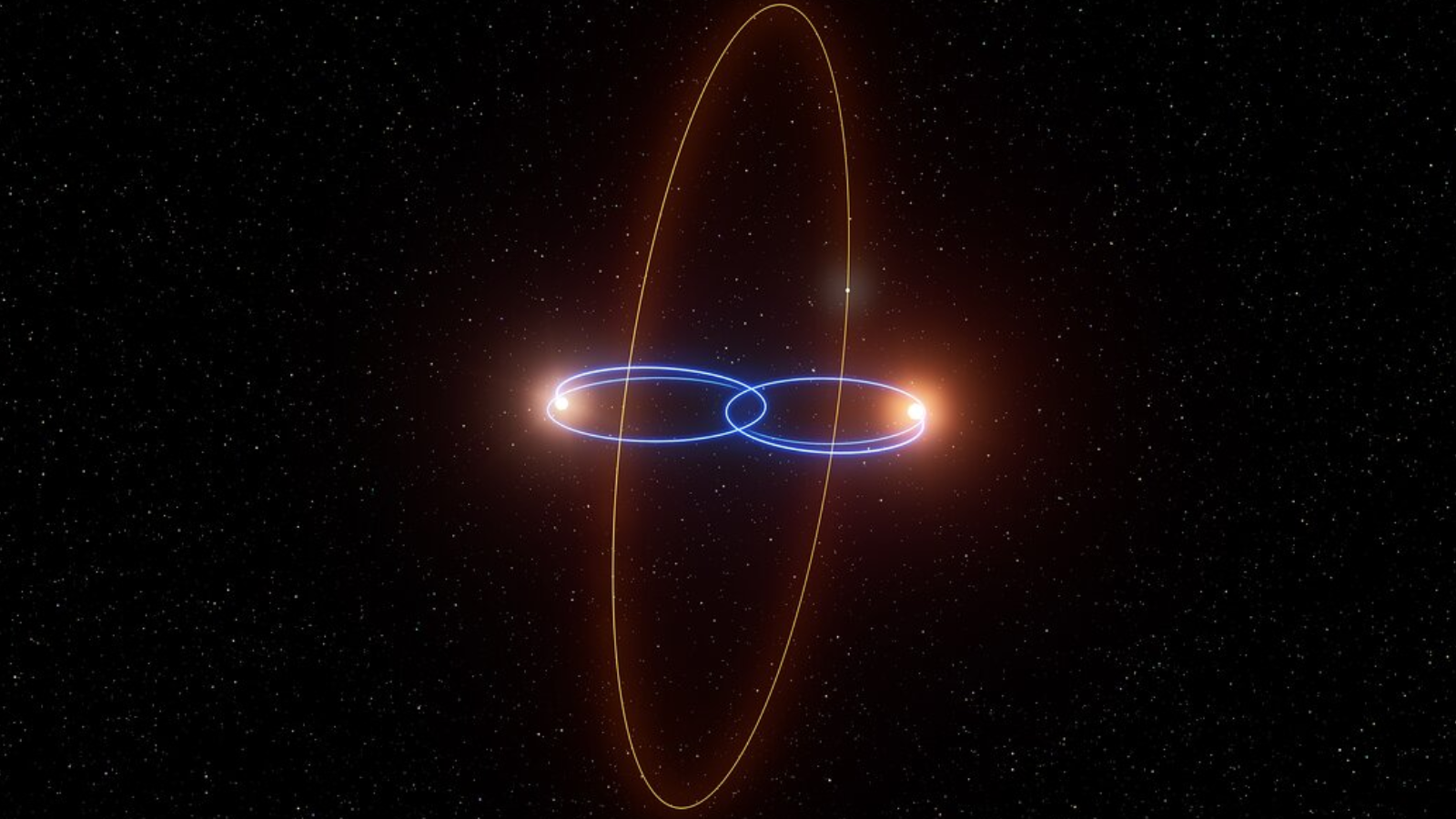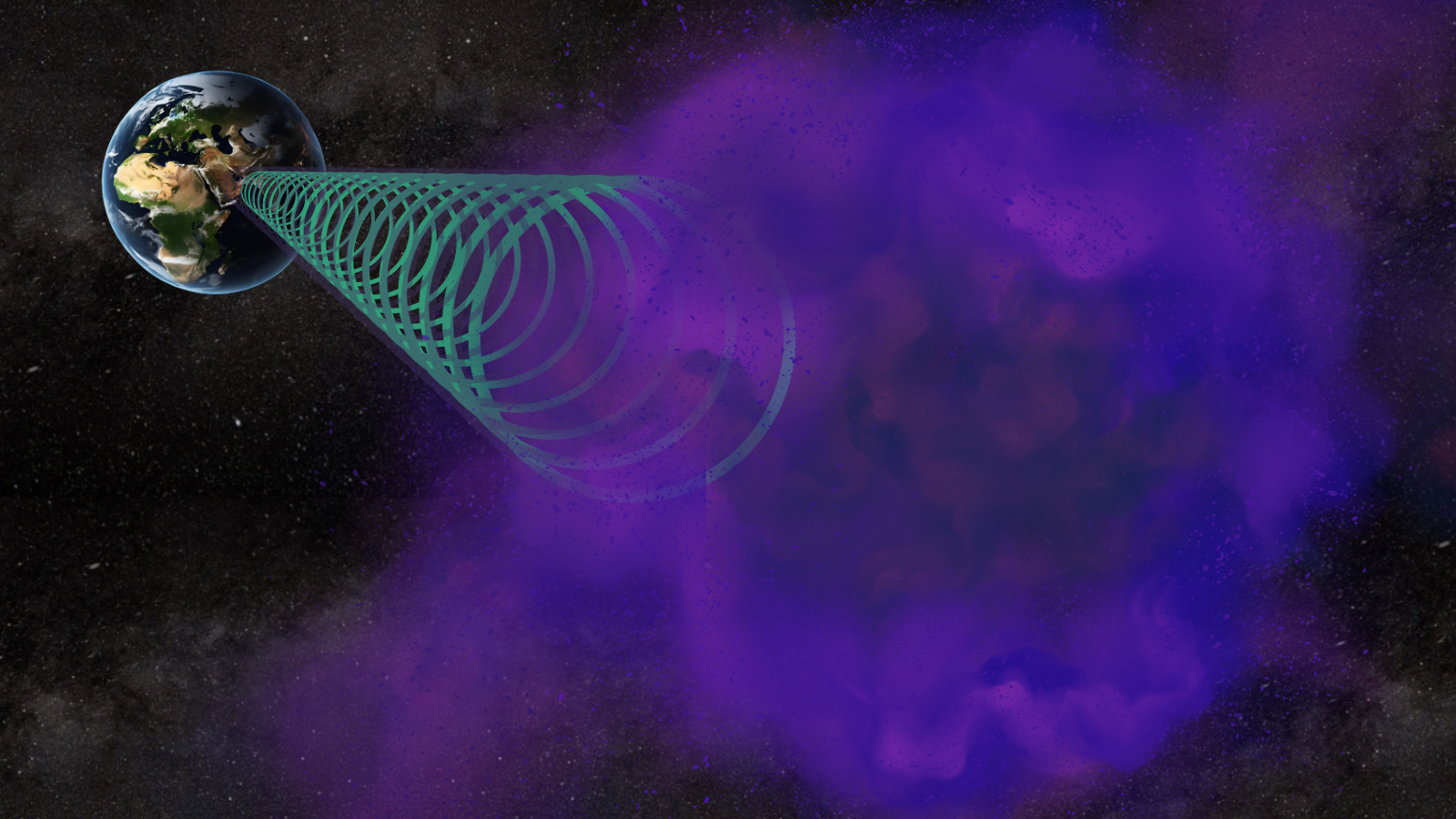Russian Mission Control Restores Contact With Failed ISS Computers
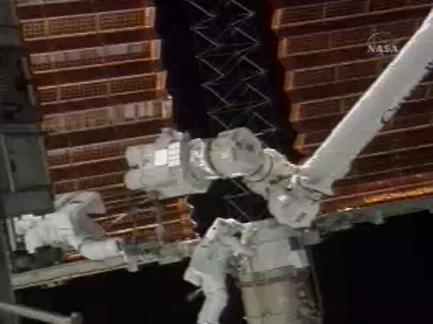
HOUSTON -- Russianflight controllers for the International Space Station (ISS) restored contactwith a pair of vital computers aboard the orbital laboratory early Thursdayafter a major failure left the outpost dependent on U.S. systems and NASA?s shuttleAtlantis for attitude control.
NASA ISS flight director Holly Ridings said efforts to recoverthe failed computers overnight appeared to payoff as engineers reactivatedcommunications with main systems in the station?s Russian-built Zvezda servicemodule and the Zarya control module.
?It lookslike they?ve made a lot of progress overnight,? Ridings said in a status report, addingthat Russian Mission Control is now receiving telemetry from the station?sRussian segments. ?There?re some cleanup steps to do still, and someinvestigation.?
Efforts tobring the computers back up to full operations are underway.
Anunexplained glitch shutdown primary Russian computers aboard the ISS earlyWednesday, leaving it dependent on the station?s U.S. gyroscopes and thrustersaboard Atlantis for attitude control and other primary systems. The issue left missionmanagers contemplating a one-day extension to the space shuttle Atlantis crew?salreadyextended 13-day mission to give additional time to work through the glitch.
Thismorning, astronauts aboard Atlantis were given the go ahead by Mission Controlhere at NASA?s Johnson Space Center to power down non-essential shuttle systemsshould that one-day extension be required, but a final decision on thelengthening the mission has not been made, NASA said.
Atlantis?STS-117 astronauts are currently scheduled to return to Earth on June 21.
Get the Space.com Newsletter
Breaking space news, the latest updates on rocket launches, skywatching events and more!
Ridingssaid that engineers are continuing to troubleshoot the Russian computer issues,but a number of positive steps occurred early Thursday. Russian ISS engineers speculatedthat glitch is a power problem, possibly related to the installation this weekof newstarboard solar arrays at the ISS, NASA said. ?
ISSExpedition 15 commander Fyodor Yurchikhin, a Russian cosmonaut, worked with flightcontrollers earlier today and reported that both of the computers under study wereavailable and rebooting at about 7:02 a.m. EDT (1102 GMT). A few minutes later,power was restored to the station?s Zarya control module, NASA said.
The effort torestore communications with the computers did prompt a false fire alarm aboardthe ISS, the second thisweek spawned by a computer glitch. But Ridings said that, as previously,there was no evidence an actual fire had occurred.
By 7:46a.m. EDT (1146) a Soyuz spacecraft docked the ISS, which was switched to itsown internal batteries late Wednesday as a power-saving measure, was once moredrawing power from the ISS, NASA added.
?It hasbeen a very positive sort of morning,? NASA spokesperson John Ira Petty told SPACE.com.
NASA isbroadcasting the space shuttle Atlantis' STS-117 mission live on NASA TV. Click here for mission updates andSPACE.com's video feed.
- SPACE.com Video Interplayer: Space Station Power Up with STS-117
- STS-117 Power Play: Atlantis Shuttle Crew to Deliver ISS Solar Wings
- Complete Shuttle Mission Coverage
Join our Space Forums to keep talking space on the latest missions, night sky and more! And if you have a news tip, correction or comment, let us know at: community@space.com.

Tariq is the Editor-in-Chief of Space.com and joined the team in 2001, first as an intern and staff writer, and later as an editor. He covers human spaceflight, exploration and space science, as well as skywatching and entertainment. He became Space.com's Managing Editor in 2009 and Editor-in-Chief in 2019. Before joining Space.com, Tariq was a staff reporter for The Los Angeles Times covering education and city beats in La Habra, Fullerton and Huntington Beach. In October 2022, Tariq received the Harry Kolcum Award for excellence in space reporting from the National Space Club Florida Committee. He is also an Eagle Scout (yes, he has the Space Exploration merit badge) and went to Space Camp four times as a kid and a fifth time as an adult. He has journalism degrees from the University of Southern California and New York University. You can find Tariq at Space.com and as the co-host to the This Week In Space podcast with space historian Rod Pyle on the TWiT network. To see his latest project, you can follow Tariq on Twitter @tariqjmalik.
